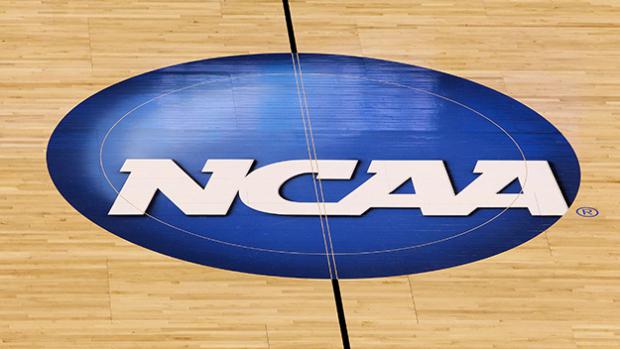The NCAA, apparently, feeling the heat from Northwestern football players’ newly won right to unionize and the blowback from Final Four MVP Shabazz Napier’s claim that there were nights he went to bed “starving” while playing for UCONN, the NCAA legislative council approved the expansion of meal allowances for college athletes on Tuesday. The proposal, which still needs to be approved by the NCAA board of directors, would allow Division I schools to provide athletes with unlimited meals and snacks, and would include non-scholarship players. At the moment, athletes are allowed three meals a day or a stipend for food.
Food has been a prickly issue when it comes to the NCAA and its athletes. Earlier this year three Oklahoma athletes had their eligibility put in jeopardy after eating too much pasta at a graduation banquet. “The hungry trio ran afoul of NCAA bylaw 16.11.1.6 that permits schools to provide athletes with ‘reasonable refreshments’ from time to time for ‘celebratory events,’” according to the Los Angeles Times. To restore their eligibility, the athletes paid $3.83 to charity to pay for the pasta.
Here’s more on some of the NCAA’s other food bylaws, via the Los Angeles Times:
The NCAA’s 432-page rule book has previously ensnared hungry athletes. Though such violations usually revolve around boosters picking up the tab for an athlete’s meal at a restaurant, [former compliance director Jim] Infante said, everything from ham sandwiches to cream cheese have become issues in the past… Another NCAA bylaw, better known as the bagel rule, permits schools to offer bagels, fruits and nuts to athletes at any time. An interpretation, however, prohibited offering spreads such as cream cheese or peanut butter with the bagels. NCAA President Mark Emmert frequently cited the prohibition on spreads as an example of the organization’s overreach. The interpretation was eliminated last year.
